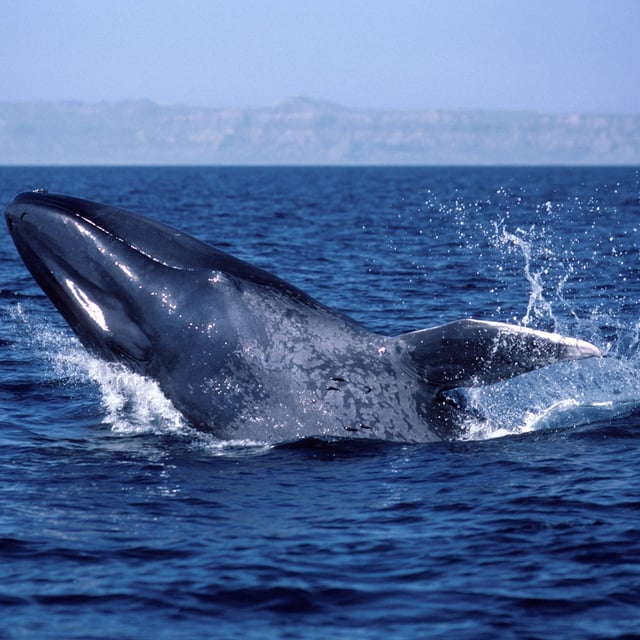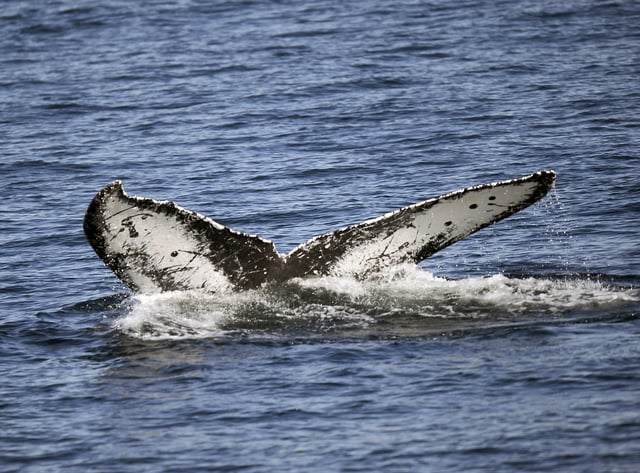Overview
- Researchers analyzed six years of hydrophone recordings from July 2015 to June 2021 in the central California Current Ecosystem and found blue whale vocalizations declined nearly 40%, while humpback whale songs remained stable.
- Marine heatwaves, including the 2013–16 “Blob,” raised Pacific temperatures by more than 4.5°F and fueled toxic algal blooms that wiped out vast krill and anchovy stocks.
- Parallel acoustic studies in the South Pacific, Southern Ocean, and Argentine waters between 2016 and 2018 revealed similar drops in blue whale calls, underscoring a global trend.
- Forced to spend extra time foraging amid scarce prey, blue whales lack sufficient energy for mating and navigation calls, a reduction that may undermine their reproductive success.
- Scientists warn that the growing silence of these sentinel species signals broader ecosystem distress and highlights the value of acoustic monitoring for gauging marine health.

